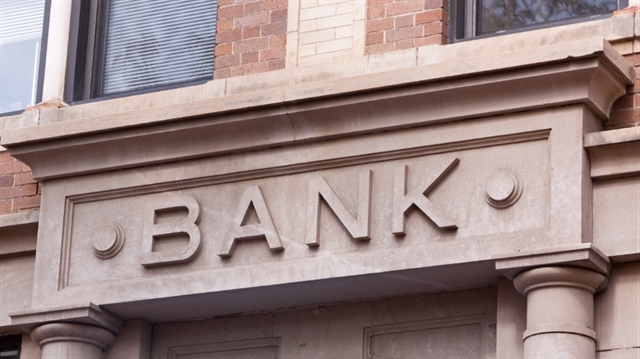

 |
HÀ NỘI — Besides Basel II, many banks have also applied Basel III and IFRS 9. These international standards help banks improve risk management and competitiveness compared with their peers, which also contributes to the effective and sustainable development of the credit institution system.
Seven years ago, the State Bank of Việt Nam (SBV) began to issue many regulations for the adoption of Basel II in Việt Nam's commercial banking system. According to the provisions of Circular No 41/2016/TT-NHNN, banks should apply and comply with regulations on capital adequacy ratio (CAR) according to Basel II standards.
Although Circular 41 was issued in 2016, Vietnamese banks have only started to apply Basel II since the beginning of 2019. Vietcombank and VIB were the first two banks to fulfil the Basel II standards.
After being recognised by the SBV in November 2018, the two banks officially applied for Basel II in 2019. Since then, many other banks have also started to follow Circular 41, such as OCB, ACB, TPBank, MB, and VPBank. After three years, there are now more than 20 banks meeting this regulation.
However, Circular 41 only regulates the CAR and the requirements for information transparency and market discipline, which are the pillars 1 and 3 of Basel II. The journey to complete Pillar 2 (internal capital adequacy assessment) is underway. In November 2019, VIB was the first bank to announce the completion of these three pillars, followed by VPBank, TPBank, and MSB.
Although Basel II is the highest requirement of regulators in Việt Nam, many banks have also embarked on the implementation of Basel III with many strict criteria to improve risk management.
It is known that Basel III aims to supplement and overcome the limitations of Basel II, mainly in terms of liquidity management, to help banks withstand risks and prevent systemic losses. Banks that were pioneers in Basel II continue to take the lead in the implementation of Basel III.
VIB has applied risk management indicators according to Basel III standards since 2020. VIB, together with Vietcombank, are also pioneers in implementing a set of standards to strengthen capital quality and especially liquidity.
In addition, many other banks, such as TPBank, SeABank, and MSB, have also actively applied Basel III over the past few years. Some have announced that they have completed all the requirements.
Besides the Basel Accords, banks are also moving to apply other international standards, such as International Financial Reporting Standards (IFRS). In particular, VIB and Techcombank are the two banks that pioneered completing the IFRS-compliant financial statements for 2020 in the first half of 2021. TPBank also announced the completion of IFRS 9 requirements at the end of September.
These international standards help banks deal with financial and economic risks and open up access to international financial markets. There is no denying that the great benefits come from the application of IFRS or Basel III.
However, the implementation of strict standards is not easy for the majority of banks. As seen, only a few banks have successfully implemented and applied one or both of these standards, or are in the process of applying them.
However, thanks to the focus on risk management, the leading banks adopting Basel II, Basel III, and IFRS are now among the top banks in terms of profitability, top quality of assets, and highly ranked not only domestically but also internationally. Therefore, these banks have the opportunity to attract capital flows from abroad and improve their reputation among customers and investors.
Techcombank, for example, raised more than US$1 billion in foreign syndicated loans in July. The bank also entered the international syndicated loan market last October with a loan worth $800 million. In April, VPBank also announced that the bank had taken a $600 million international syndicated loan with a 3-year term.
Previously, VIB had raised $260 million in international syndicated loans. In the August announcement, VIB was one of the few commercial banks to be ranked the highest by the SBV for 2021, based on the evaluation results, with high scores on capital adequacy, asset quality, governance, business results, and liquidity. — VNS









